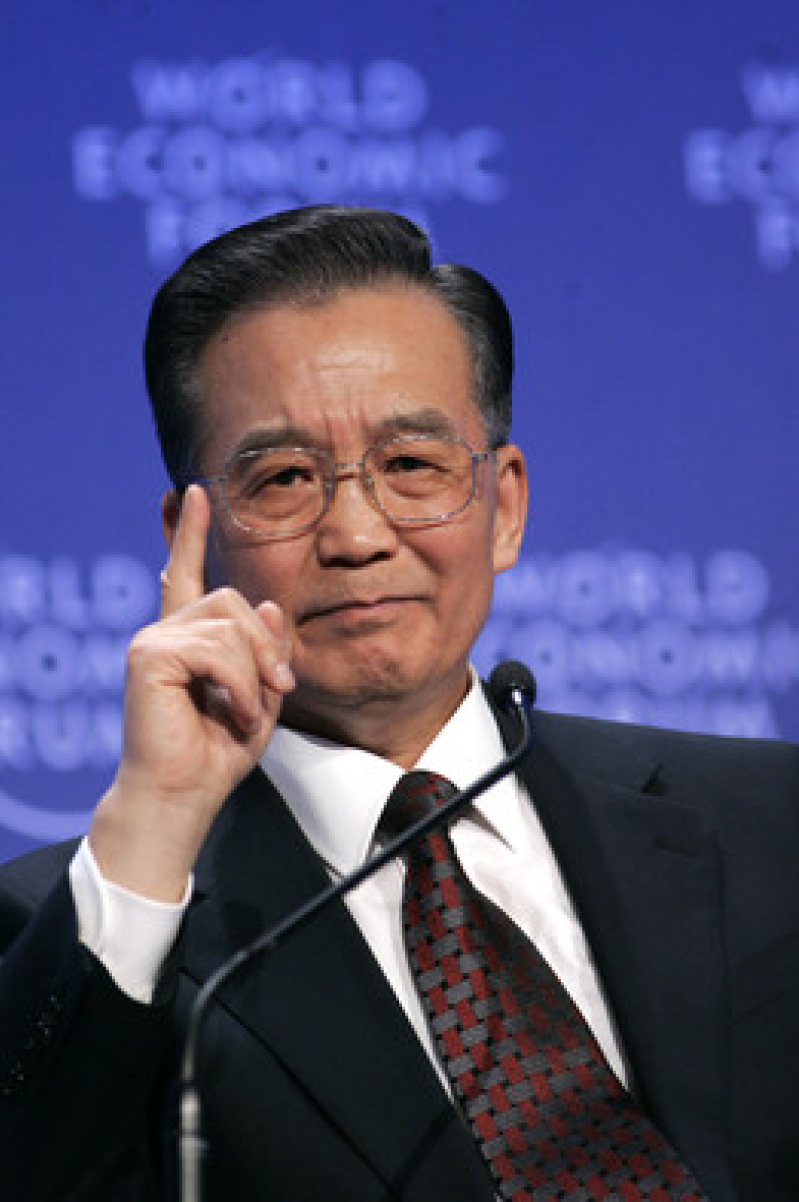
Chinese Premier Wen Jiabao delivered his last work report before handing his seat to incoming premier Li Keqiang. Ending his ten-year reign, Wen exited the public stage with three humble bows to the audience.
In his speech, Wen did not talk about political reforms, which he had championed in earlier speeches. He briefly talked about leveling the Chinese market to allow private business to compete with state-owned enterprises. He also gave slight mention of fight against corruption within the party, according to Los Angeles Times.
This year, China set an economic growth target of 7.5 percent for the coming year, which is less than 2012’s 7.8 percent. The projection is in keeping with policies to improve overall living standards and social services.
In his last work report, Wen said that the government must make “ensuring and improving people’s well-being the starting point and goal of all the government’s work, give entire priority to it, and strive to strengthen social development.
Often referred to as “Grandpa Wen,” the 70-year-old premier had championed political structural reforms. At the conclusion of People’s Congress a year ago, he made the announcement, “Without successful political structural reform, it is impossible for us to fully institute economic reform.”
Last year, the New York Times published a report that the Chinese premier’s family controlled assets worth $2.7 billion. This report badly damaged Wen’s standing within the party, which affected his credibility.
Xi Jinping, 59, already secretary of Communist Party, will head the new party leadership by the end of the 12-day session. In his early months since becoming party secretary, he has spoken against political reforms that he blames for the collapse of the Soviet Union. Liberals were disappointed by his remarks.






